
BAKE TOMORROW BETTER
At Sonneveld, we wish to contribute to resolving the global health and environmental challenges. With our passion for bakery and our belief in a healthy and responsible life, we commit ourselves to a sustainable future and to bake tomorrow better!
We do this by developing healthier food products, reducing food waste, reducing greenhouse gas emissions, launching products that contribute to circular loops and promote to use any materials and products responsibly throughout the value chain.
We engage together to build and bake tomorrow better. In everything we do, we aim to reduce our ecological footprint. We focus on three sustainability pillars, much like the sustainability goals and ambitions of our parent company Orkla.
Three sustainability pillars:
We are committed to reducing our environmental impact and driving sustainable practices across all operations. By focusing on energy efficiency and renewable energy, we aim to reduce greenhouse gas emissions by 63% (scope 1 & 2) by 2030. Recent initiatives such as LED lighting, improved roof insulation and investment in more sustainable ways of processing made already big steps towards achieving this goal. We aim for 29% reduction in scope 3 by 2030 by substantial waste reduction and in collaboration with suppliers and customers by implementing alternative and more sustainable raw materials and recipes. Also here we made significant steps.
Innovation is key to our approach. With enzyme technology, we are collaborating to reduce bread waste by 30%. This in collaboration with Advocational and Higher education, the Bakery Sweets Centre in Leeuwarden and the Stichting Samen Tegen Voedselverspilling (Alliance against Food Waste).
People are at the heart of everything we do. We promote health and wellness through innovative products like gluten-free and vegan bread while reducing salt and sugar in our portfolio. By supporting campaigns and partnerships, the wholemeal bread consumption doubled in the Netherlands since 2015, showing our dedication to improving everyday nutrition.
Within our organization, we foster a culture of safety, diversity, and inclusion. From promoting gender balance and equal pay to creating safer workplaces, we strive to empower our employees.
Integrity drives all our actions. Product quality and safety are guaranteed through rigorous checks, risk assessments, and adherence to international standards such as BRCSG, RSPO, and the Orkla Food Safety Standard (OFSS). Our Supplier Code of Conduct ensures that human rights, environmental standards, and transparency are upheld across our supply chains.
Sustainable sourcing is central to our mission. By prioritizing certified raw materials like ISCC Plus-certified rapeseed oil and Proterra-certified soy, we are building a responsible future. With clear communication and a strong commitment to ethical business practices, we aim to foster trust and accountability at every level of our organization.
Our participation in sustainability networks
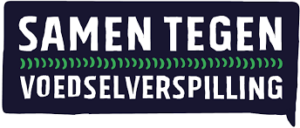

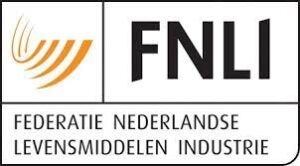
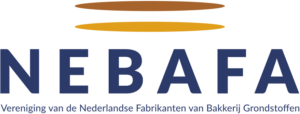
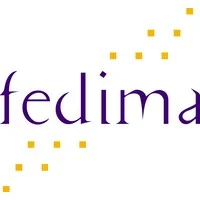
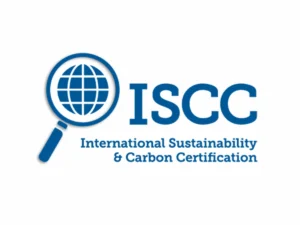
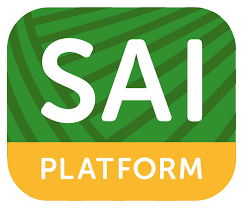
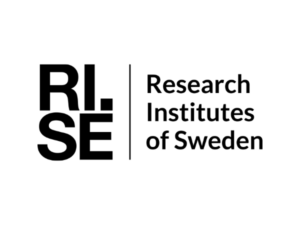



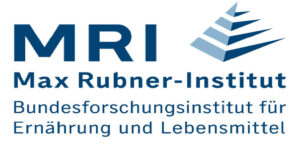

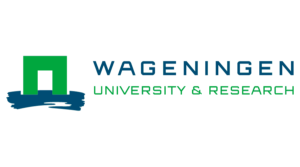
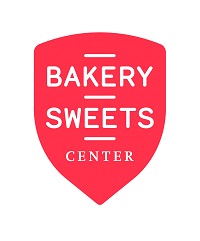
Carbon Footprint Tool Sonneveld
How sustainable are your activities? It’s an urgent topic and question at the moment and the future. Nowadays bakeries pro-actively take steps or are requested to give insights in how sustainable their activities are in relation to their carbon footprint.
We are able to help bakeries in calculate their carbon footprint for products made with Sonneveld ingredients. We can provide insights and detailed information about the raw materials in our products regarding carbon footprint. Approved according to strict formulas.
It’s based on validated data by the Research Institute of Sweden (RISE). Please feel free to ask your Sonneveld contact person about these insights and the possibilities for your bakery. Below you’ll find an example of a carbon footprint Sonneveld specification.
Sustainability report
From next year onwards, Sonneveld will commit itself to presenting a CSR report. For now, we refer you to the CSR reports of our parent company Orkla.
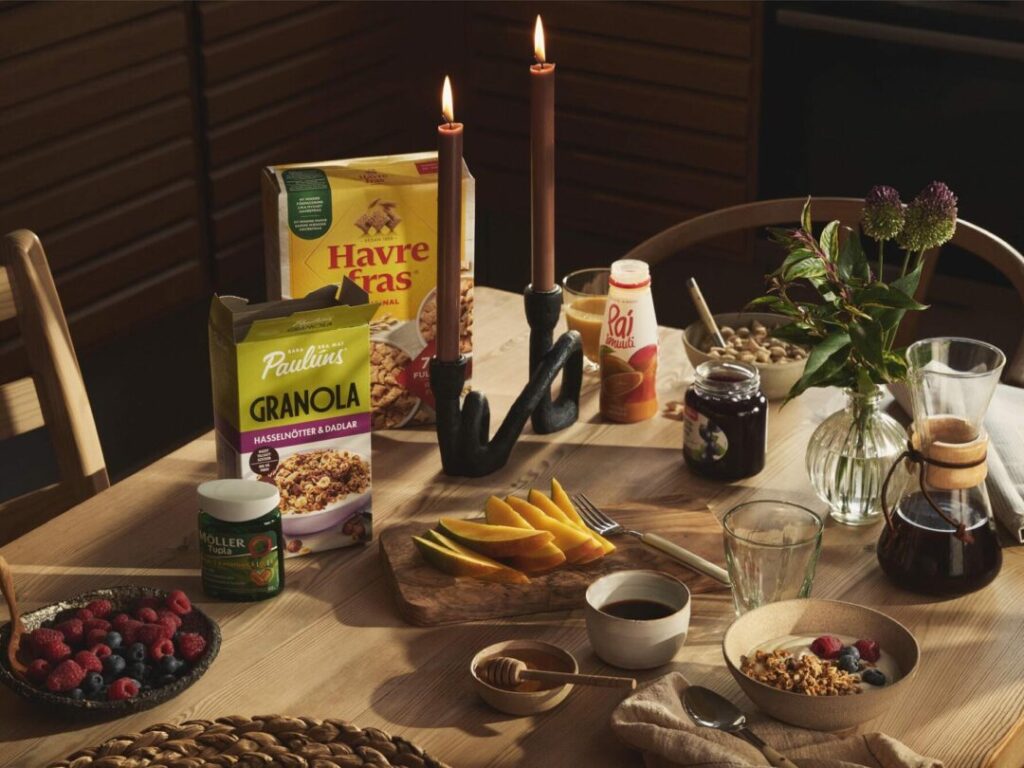
European legislation
The European Union is making significant strides to reduce greenhouse gas emissions, aiming to become the first climate-neutral continent by 2050.
Discover how these changes affect your business and what opportunities this offers for a more sustainable future.